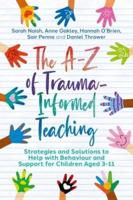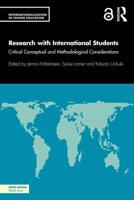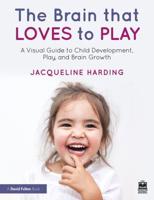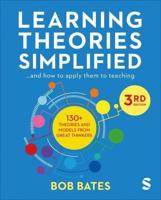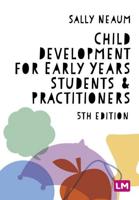Publisher's Synopsis
The project examined the necessity, and value in assigning knowledge management officers to Army tactical units. Ancillary, supporting research, focused on decision-making, battle command and Army knowledge management. A qualitative methodology, with quantitative aspects was used to analyze, combine and reconcile data obtained through interviews. There were three sample groups with the senior Army officer group acting as a quasi-control. This study is intended to assist contemporary Army knowledge management initiatives. The research gave rise to four general conclusions, a single conclusion did have primacy -- knowledge (management) is people, not a person. Similarly, knowledge mediators, have a crucial role in knowledge organizations. Knowledge management is processes, the knowledge sharing process in particular. Counter-intuitively, enterprise solutions and artificial intelligence have a role in knowledge management, as a decision support tool, creating mental models. Simulations, statistics and decision support tools inform decision making, not confirm it. This research neither validated, nor did it attempt to rescind knowledge management as a discipline, or as an Army core competency. Recommendations from chapter five include possible KM roll-out initiatives, the need to institutionalize and teach KM practices in lieu of assigning knowledge managers. Finally, it recommends further research into enterprise decision support tools.

